Xwehíwel means ‘to go upriver’ or ‘to go upstream’.
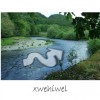

Xwehíwel means ‘to go upriver’ or ‘to go upstream’.
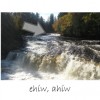
Ehíw means ‘upriver’ or ‘be upriver’. Some Elders pronounce this word slightly differently, as ahíw.
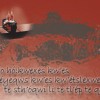
Tl’o hó:kwexes kw’es héyeqws kw’es kw’étslexwes te sth’óqwi li te tl’ép te qó: means ‘It’s what (they) used to burn to see the fish below the water.’
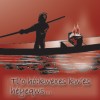
Tl’o hó:kwexes kw’es héyeqws… is a partial phrase, meaning ‘It’s what (they) used to burn…’. There is no explicit word for ‘they’, this is just understood from context.
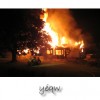
Yéqw means ‘to get burned (up)’. You could also translate it as ‘to burn’, but note that the subject is the thing that burns (not an agent who burns something else). For example, you could use yéqw in sentences like ‘It burned‘, or ‘The house burned (up)‘.
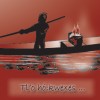
Tl’o hó:kwexes is a partial phrase, meaning ‘It’s what (they) used…’.
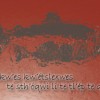
…kw’es kw’étslexwes te sth’óqwi li te tl’ép te qó: is a partial phrase, meaning ‘..to see the fish below the water’.
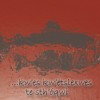
…kw’es kw’étslexwes te sth’óqwi is a partial phrase, meaning ‘..to see the fish’.

Kw’étslexw means ‘to see (it)’. You use this verb to talking about seeing something specific.
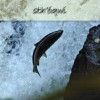
Sth’óqwi is the Halq’eméylem word for ‘fish‘. This is the noun form (not the verb). Sth’óqwi is a general term, which you can use for any kind of fish.
